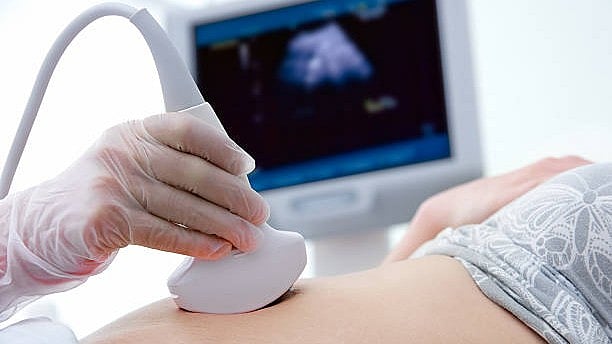
Image for representational purposes.
Credit: iStock Photo
Bengaluru: The Pre-Conception and Pre-Natal Diagnostic Techniques (PCPNDT) Department is focusing on the sex ratio in each of the state’s 31 districts to curb female foeticide.
Since 2022, Bengaluru city has recorded the second highest number of sex determination cases, behind Bagalkot. Tumakuru and Ramanagara ranked third and fourth, respectively.
Bengaluru city has about 1,500 active scanning centres. After tightening surveillance in 2024, more cases surfaced, with 36 violations reported that year. This year, 10 cases have been registered so far, officials said.
Dr Vivek Dorai, State Nodal Officer for PCPNDT, said, “The northern part of the state and Bengaluru city have become challenging to tame. We have difficulties with informants, especially in Bengaluru, as people do not even know what their own neighbours are up to.”
Dakshina Kannada and Udupi remain low on the list with almost zero cases.
Officials said sex determination tests are being conducted not only in hospitals, but also in homes and farmhouses to avoid suspicion, aided by portable and unregistered scanning machines. “Many are repeat violators and frequently change their place of business to escape crackdowns,” said the officer.
Illegal scanners charge up to Rs 30,000 per person to reveal the sex of the foetus, and some also run private practices. “With these portable scanners, they run the scan only on the private parts of the baby to reveal the gender to the parents. Even if they are wrong, nobody can hold them accountable as they would have left the place by then,” said Dr Dorai.
Violators have also built networks involving ASHA workers, technicians, and doctors to reach more pregnant women, officials said.
In hospitals, the failure to maintain records often draws official scrutiny.
‘Balika’ website
The government has made it compulsory for both government and private hospitals to use the ‘Balika’ website to register pregnant women undergoing scans.